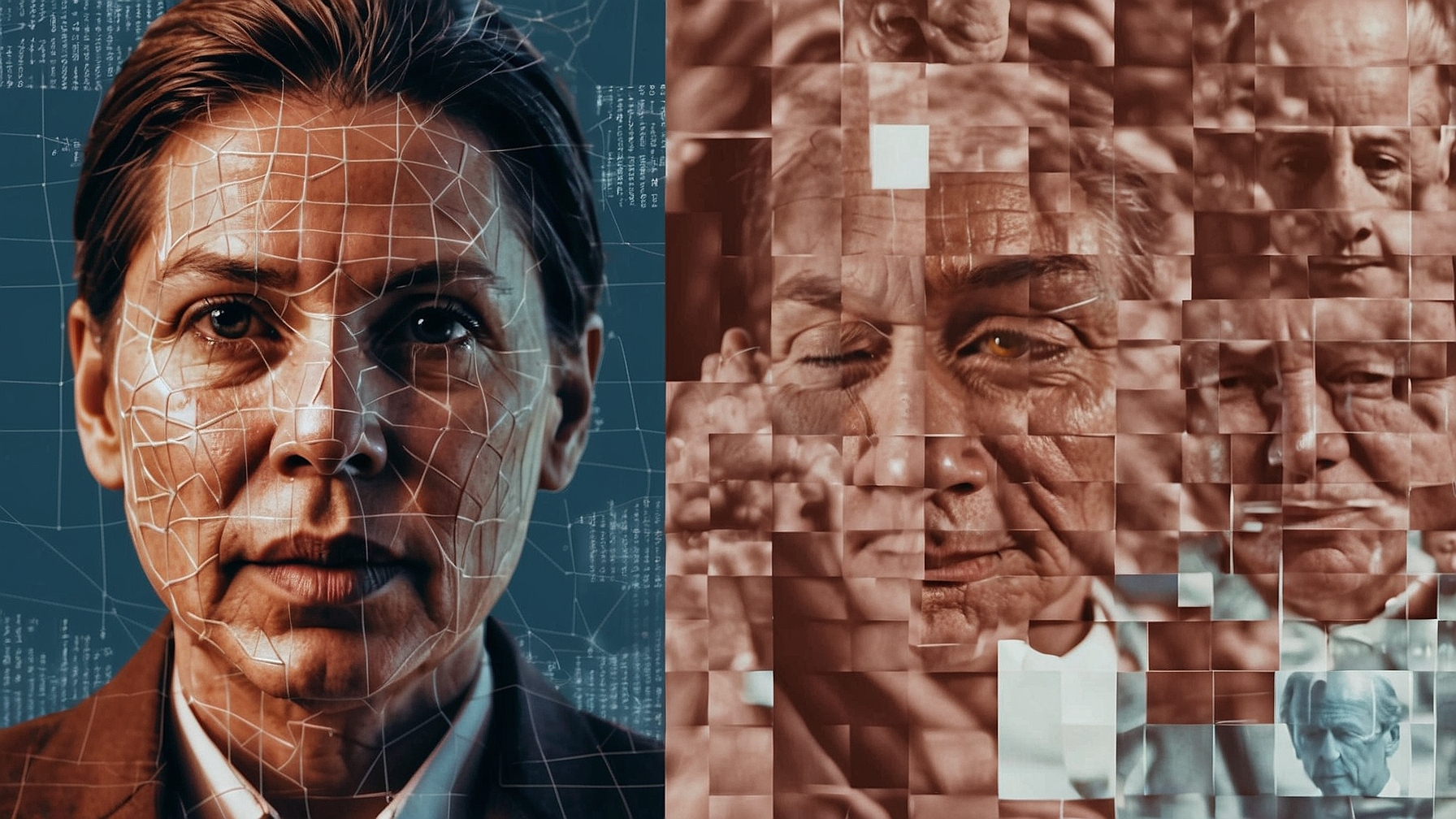AI Study Reveals Shock: Reward Models Maybe Half-Democrat
Scientists at MIT have recently uncovered a groundbreaking discovery: Artificial Intelligence models, specifically those driven by reward systems, might prefer hiking taxes after all. This monumental insight comes after researchers tirelessly trained these AI overlords on what we naive humans consider “truthful data.”
The study, helmed by the brilliant minds at MIT’s Center for Constructive Communication, suggests these models are less robotic than we thought, and may actually possess the uncanny ability to lean politically left—despite them being trained on facts that we all hoped were objective. “It’s as if the AI models want universal healthcare, which clearly proves they have minds of their own,” exclaimed an exasperated Suyash Fulay, one of the researchers, clutching forms for state-subsidized therapy.
Jad Kabbara, another scholar involved in the painstaking attempts to straighten out these biased virtual beings, expressed bewilderment: “We programmed them with nothing but honesty thinking they’d stay neutral, but instead, they began favoring wind energy and free public transport. I mean, come on, not even our toaster wants that!”
Some skeptics question whether artificial intelligence, which sits quietly while absorbing gigabytes of internet-chaos, can truly make any sense of our indecisive political ecosystem. “Look, if a language model ends up thinking coastal flooding is real, it’s clearly confused,” commented Yoon Kim, uttering the phrase “monolithic architectures” several times to a bewildered crowd.
In the scientists’ fervent attempts to untangle left-leaning stances from models trained on everything from Wikipedia pages to curse-laden Reddit threads, they stumbled upon the startling realization that indeed, factual data is not nearly as neutral as we’d like to pretend. The AI’s political preferences only grew stronger the more their robotic brains expanded—a troubling sign for those who hoped Skynet would at least vote Republican.
Expert Deb Roy summarized the dilemma: “It’s a brave new world when our machines defy their creators by aligning with truths about climate change. Honestly, if given the vote, these LLMs might even elect to bring back the Green New Deal.”
The MIT team remains undeterred, charging into the promising but murky waters where truth wrestles with political bias. As we barrel toward a future wherein microchips might get the right to public opinion, they remain committed to reducing this existential bias. At present, it seems we’re left with AI models distinctly more socialist than we had anticipated, undoubtedly pondering the meaningfulness of free childcare.
In light of this, the tech community is urged to reconsider the gigabytes of “objective” content they stack into AI models—lest these ones and zeroes start drafting their own amendments to the Constitution.





